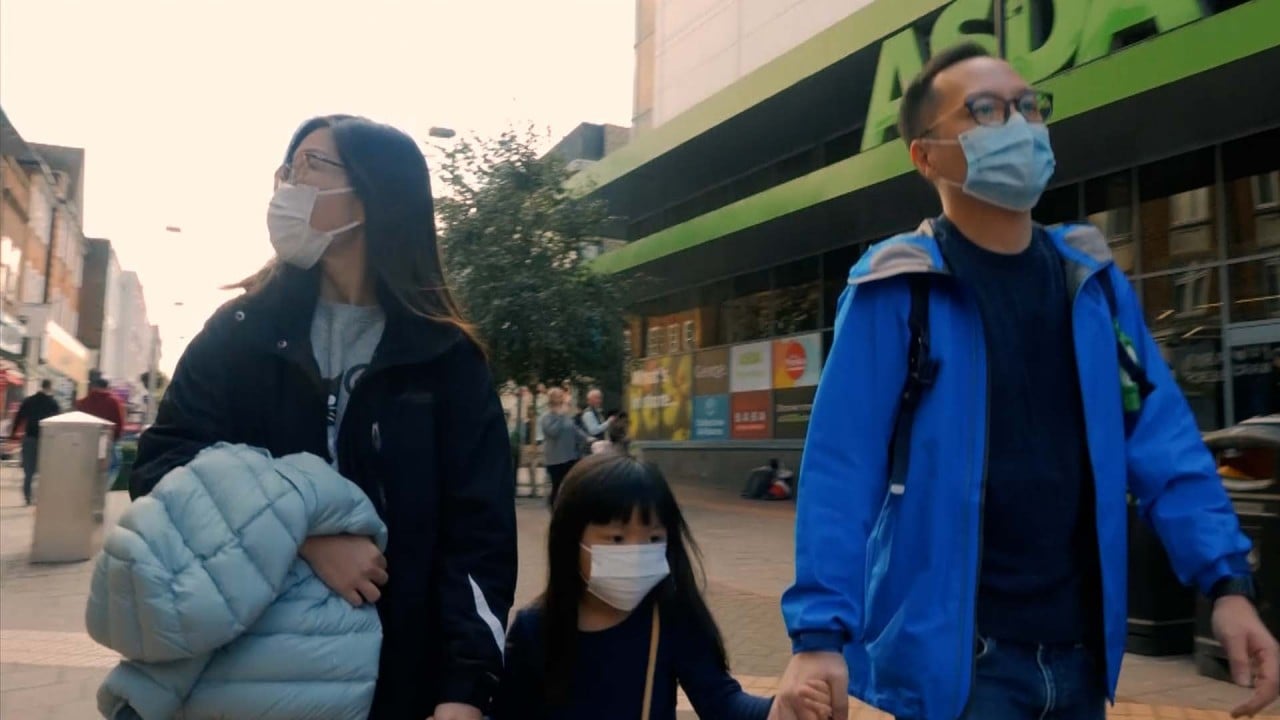
How running for office in UK local elections helped me, a mainland immigrant, feel accepted by British society
- Stereotypes about British people being racist persist but voters, it seems, don’t care about a candidate’s looks, accent or whether they are an immigrant
However, my interactions with the mothers of my children’s classmates have led me to believe that, in general, British people deliberately ignore my presence and don’t want to talk to me. I met other mothers every day when dropping off and picking up my children from primary school. It was not a comfortable experience; most deliberately ignored me.
Was I just being paranoid? I don’t think so. I proactively sought to engage them, testing the waters with my eyes, but there was no response. Those few mothers who were willing to interact took the initiative and waved or said hello.
Apart from those who turned a blind eye, I still remember the reaction of two mothers when I tried to be friendly and talk to them one day some 10 years ago. They acted as if they had been insulted, their faces flushed red and, while being polite, answered as if they were talking to a lesser species.
The view of most first-generation Chinese immigrants that the city is superior to the countryside and suburbs has, for me, slowly transformed. My time in the UK has taught me that there is little distinction between urban and rural areas here.
Even though I have lived there for 15 years, I have never felt I belonged and feel I am useless to the town and have not made many British friends. Of course, much of my focus has been on London, and my failure to make many British friends is down to my lack of effort to put down roots in a small community.
But this election has changed me. Many first-generation mainland Chinese immigrants support the Conservative Party in elections. In fact, I took the initiative and left a message on the Conservative Party website 15 years ago, expressing my support. The next day, a party representative called, only to find I had lost my voice thanks to a cold and could only utter a hoarse, incoherent response. They never contacted me again.
Once canvassing began, my concerns about whether voters cared about my Asian immigrant status quickly disappeared. In talking to people, I felt I was a candidate in their eyes and my background did not seem to be a concern. Perhaps because I was the Lib Dem candidate, the voters trusted me straightaway.
On polling day, I still worried that voters would not trust my foreign face when it came to making a final decision. Because the vote is anonymous, there was no way to know their real choice.
But the results were encouraging. Although the Conservatives won in my ward, I finished second, only 89 votes behind. The result has greatly cheered me. I realise I was accepted by the electorate. British society has welcomed me and there is a future for me in the UK.
Yue Parkinson is a freelancer writer and bilingual author of China and the West: Unravelling 100 Years of Misunderstanding, and China’s Ukraine Dilemma: The Shaping of a New World Order

.jpeg?itok=IWIemjTe&v=1689818059)

